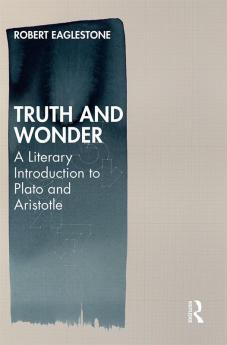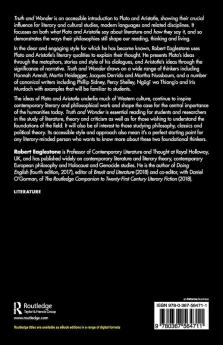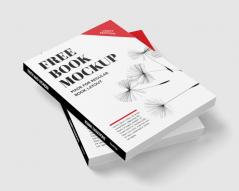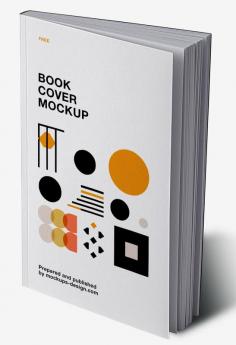by
English
Paperback
₹2526
₹3791
33.37% OFF
(All inclusive*)
Delivery Options
Please enter pincode to check delivery time.
*COD & Shipping Charges may apply on certain items.
Review final details at checkout.
Looking to place a bulk order? SUBMIT DETAILS
About The Book
Description
Author
Shoutouts
<p><em>Truth and Wonder</em> is an accessible introduction to Plato and Aristotle showing their crucial influence for literary and cultural studies modern languages and related disciplines. It focusses on both <i>what</i> Plato and Aristotle say about literature and <i>how</i> they say it and so demonstrates the ways their philosophies still shape our reading thinking and living.</p><p>In the clear and engaging style for which he has become known Robert Eaglestone uses Plato and Aristotle’s literary qualities to explain their thought. He presents Plato’s ideas through the metaphors stories and style of his dialogues and Aristotle’s ideas through the significance of narrative. <i>Truth and Wonder</i> draws on a wide range of thinkers including Hannah Arendt Martin Heidegger Jacques Derrida and Martha Nussbaum and a number of canonical writers including Phillip Sidney Percy Shelley Ngũgĩ wa Thiong’o and Iris Murdoch with examples that will be familiar to students.</p><p>The ideas of Plato and Aristotle underlie much of Western culture continue to inspire contemporary literary and philosophical work and shape the case for the central importance of the humanities today. <i>Truth and Wonder</i> is essential reading for students and researchers in the study of literature theory and criticism as well as for those wishing to understand the foundations of the field. It will also be of interest to those studying philosophy classics and political theory. Its accessible style and approach also mean it’s a perfect starting point for any literary-minded person who wants to know more about these two foundational thinkers.</p>
Delivery Options
Please enter pincode to check delivery time.
*COD & Shipping Charges may apply on certain items.
Review final details at checkout.
Details
ISBN 13
9780367564711
Publication Date
-23-11-2021
Pages
-212
Weight
-309 grams
Dimensions
-156x234x11.49 mm

























